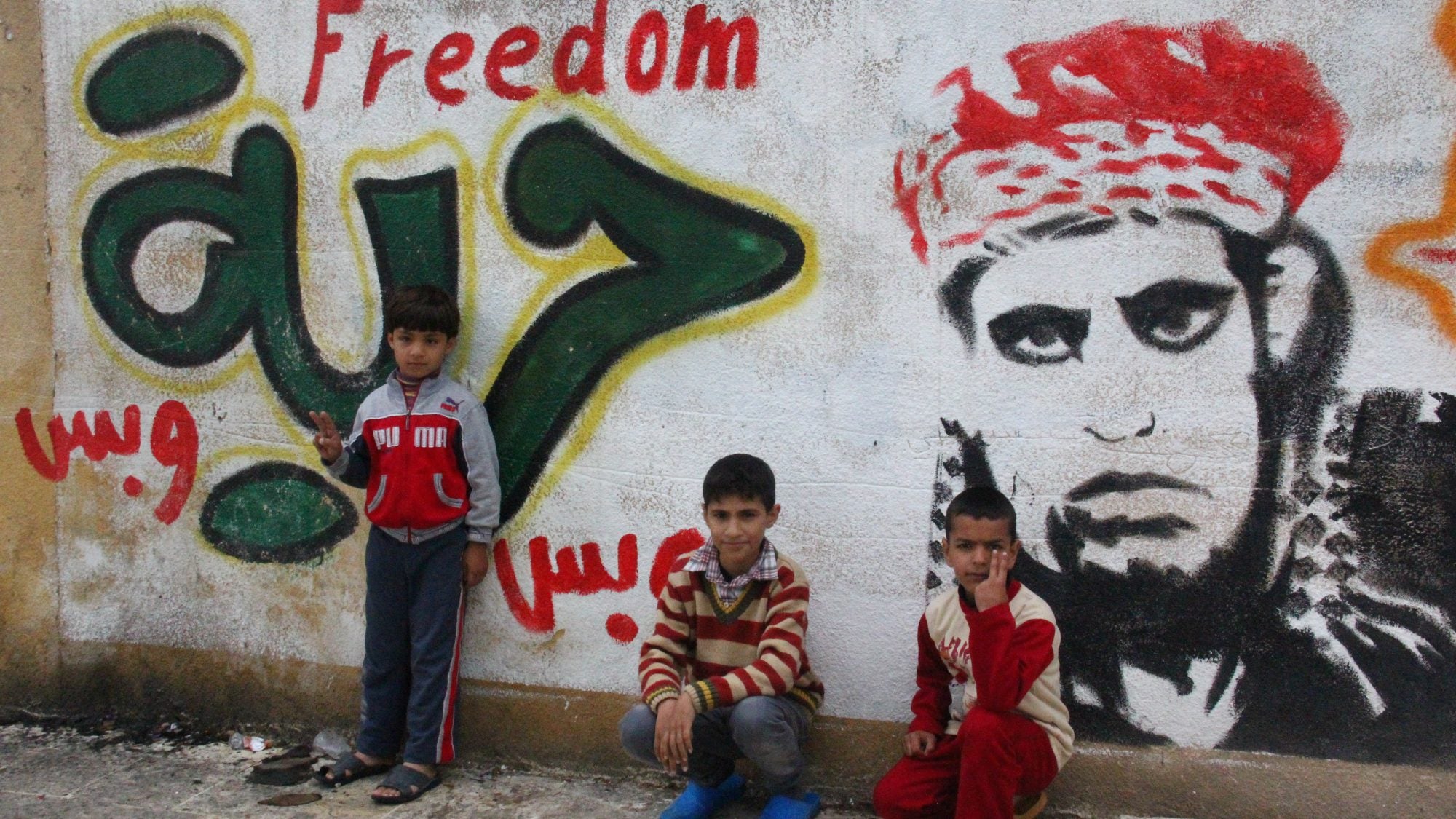In academia, Syria provides food for thought about intervention, war crimes, and the role of ethics in international affairs, as well as a useful opportunity to discuss the international elephants in the room that are Russia and China.
The UN High Commissioner for Human Rights, Navi Pillay, has invoked the principle of the responsibility to protect, a standard agreed upon at a conference by world leaders in 2005. The responsibility to protect states that the international community has the responsibility to intervene if a state is refusing or failing to protect its own people. To say that Bashar al-Assad is failing to protect his own people right now is a gross understatement. After Russia and China vetoed a UN Security Council resolution on collective action in Syria, Pillay pointed out that responsibility to protect, informally known as R2P, has taken a beating: “The virtual carte blanche now granted to the Syrian Government betrays the spirit and the word of this unanimous decision. It is depriving the population of the protection they so urgently need.”
The unfortunate truth is that R2P is messy and, as critics argue, violates state sovereignty. It pretends that intervention is possible without politics, but protection is inherently political and involves complex international power plays. The Syrian situation is especially problematic. Ongoing violence in Syria could have negative consequences in Iran, Lebanon, Jordan, and perhaps Israel and Iraq. Syria is much less isolated than Libya, and therefore is a much more politically charged conflict internationally. However, these politics should not give the international community an excuse to bask in the complexities of the situation, debating action or non-action. As usual in politics, creative solutions and effective diplomacy are the keys in moving forward.
What would such creativity look like in Syria? Options include arming the opposition or working with other Arab countries who are willing to proactively pursue peace through a variety of means. UN Secretary-General Ban Ki-Moon has argued that working with the Arab League for an acceptable solution in Syria is crucial. Potential partners include Turkey, Qatar, Tunisia, or Egypt. Some have pointed to covert action as a potential option for those looking to intervene. Reducing the debate over Syria to a dichotomy in which military intervention and zero action are the only two options, however, is artificial and unproductive.
A consensus on collective action to be taken in Syria has yet to be reached, but the challenging politics of the situation should force a reassessment of priorities. Meanwhile, the international community waits on the sidelines as the death toll increases, hoping to make good on their promise of never again.
. . .
Kate Stonehill is a senior in the Edmund A. Walsh School of Foreign Service at Georgetown University and the managing editor for the Georgetown Journal of International Affairs’ Forum Section.
Image Credit: Foreign and Commonwealth Office, OGL v1.0OGL v1.0, via Wikimedia Commons
This is an archived article. While every effort is made to conserve hyperlinks and information, GJIA’s archived content sources online content between 2011 – 2019 which may no longer be accessible or correct.

